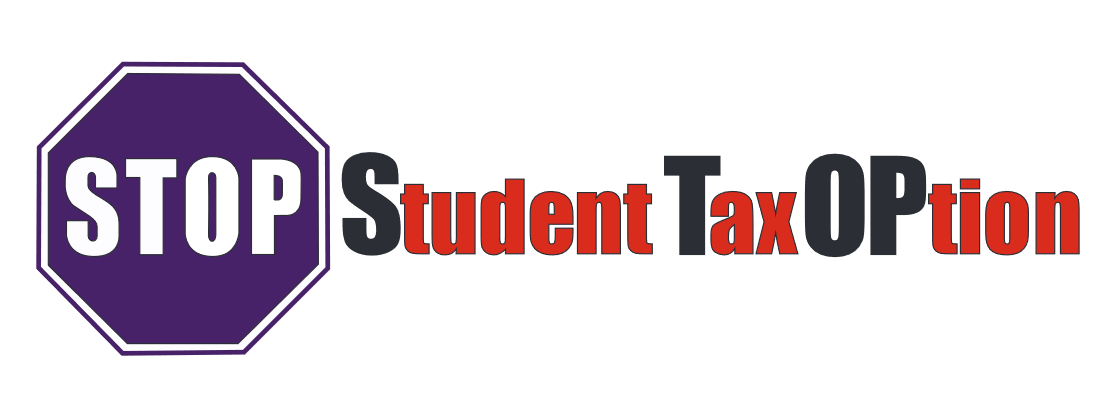Millions of Americans are eager to receive their stimulus check. Under the CARES Act, those checks will provide up to $1,200 per taxpayer and will likely help many to ride out the current economic storm of unemployment, reduced hours, and furloughs.
However, 44 million Americans also live with student loan debt hanging over their heads every month. Since many student loans are received through government programs or connected to government lending groups, many are worried about whether that stimulus money will ever reach their wallet or if it will simply be applied directly to an outstanding student loan.
Here is what you need to know as on of the millions of Americans with student loan debt, looking for your stimulus money:
Borrowers in Default on Federal Student Loans
Under normal circumstances, the government can intercept any federal money directed to a borrower if they have defaulted on their student loans. That would include a federal tax refund or Social Security payments. The government would apply those payments directly to a defaulted student loan through a program called the Treasury Offset Program (TOP).
The good news: under the CARES Act, the U.S. Department of Education has suspended all collections on defaulted government-held federal loans, including through the Treasury Offset Program, through September 30, 2020. This means the CARES Act will shield your stimulus payment from the TOP and protects it from being used to pay your government-held student loans, even those in default.
Borrowers on Income-Driven Repayment Plans
One way many borrowers are paying their student loans is through an income-driven repayment plan, such as Income Based Repayment (IBR) of Pay As You Earn (PAYE). These use a formula based on a borrower's income to determine the monthly payment. Every year, the payments are recalculated and adjusted based on the borrower’s income or family size.
One concern may be that receiving a stimulus check would cause an adjustment to the monthly payments when the repayment plan is reviewed. Luckily, this shouldn’t be the case. When calculating an income-driven repayment plan, only “taxable income” is used. Under the CARES Act, the stimulus payment will not be considered “taxable income” and borrowers do not have to report the stimulus payment as income. It should have no affect on their income-driven repayment plan.
Impacts on Private Student Loan Borrowers
It’s important to note that private student lenders, without legal authority to do so, have no power to take any income, assets, or property from a borrower. If a borrower is not in default on their loan, there should be no concern about a lender seizing their stimulus check.
If a borrower is in default on a private student loan, it can complicate the situation. Typically a lender can’t seize income or assets without legal authority, meaning something like a court order. An exception would be if a borrower has a loan through the same bank where they have a checking account. Depending on the agreement between the bank and the borrower, the bank may be able to pull from an associated checking account to satisfy the student loan payments.
If a private student loan lender has a court judgment against a borrower who has defaulted on their loan payments, they could seek a bank account attachment to satisfy the judgment, and if a stimulus check has already been deposited in the account, then it may be at risk. Individual state laws will have an impact on whether or not a private lender can do this, so it’s a good idea, if you have a student loan through a private lender, to check with your state’s regulations on debt collection during the Coronavirus crisis.

